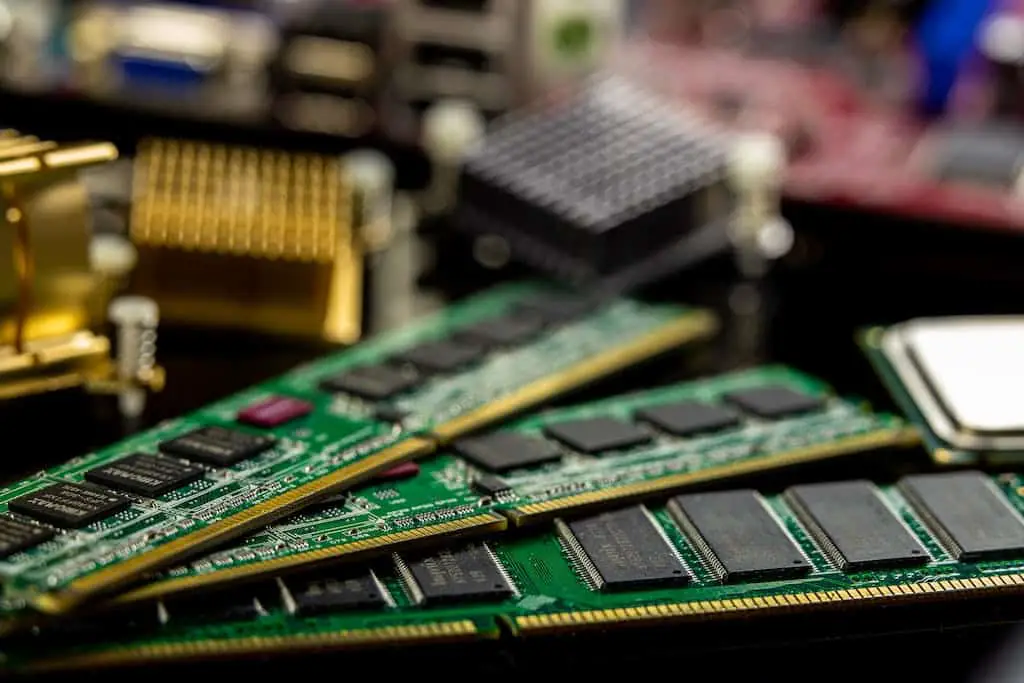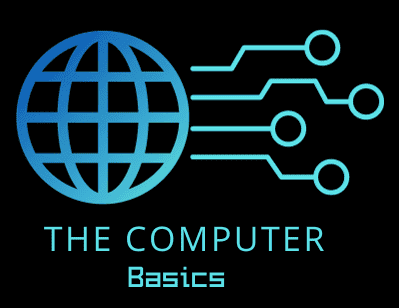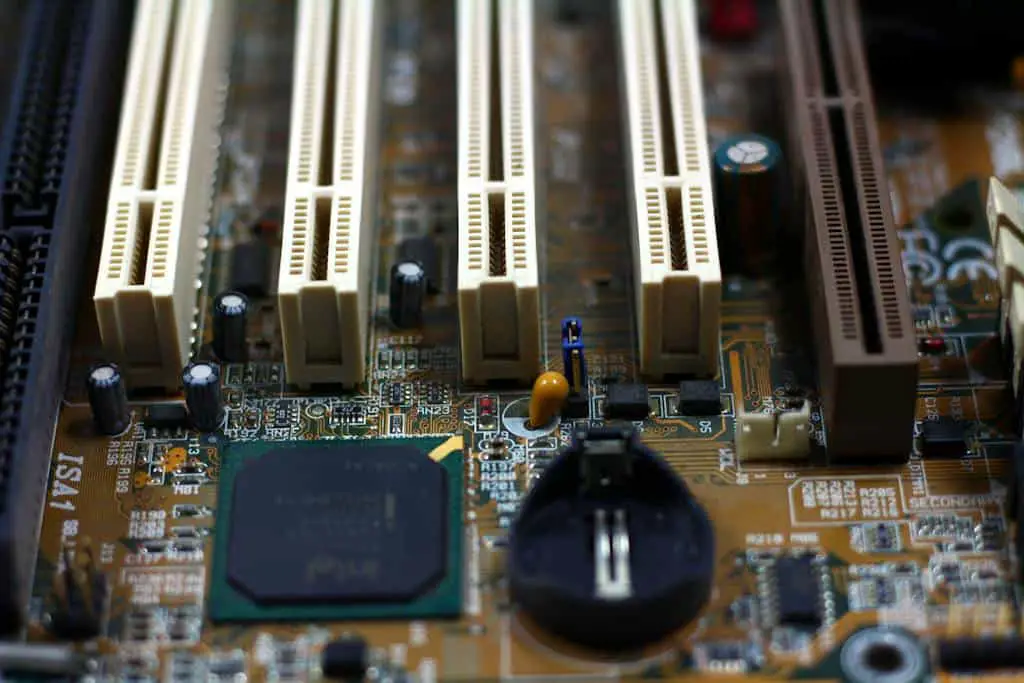In today’s digital age, where computers have become an essential part of our daily lives, it’s crucial to understand the inner workings of these machines. One integral component that plays a vital role in a computer’s functionality is RAM or Random Access Memory.
But was is it, and can a computer run without RAM?
In this comprehensive article, we will delve into the intricate details of running a PC without sufficient RAM, the consequences of doing so, and the importance of RAM in a computer’s operations. We will explore the role of RAM in computer functionality, the effects of insufficient RAM on performance, and strategies to compensate for low RAM.
We will discuss memory management in computers, optimizing computer performance without RAM upgrades, and alternatives for temporary system operation. We will address the long-term risks of operating a PC without adequate RAM and provide professional recommendations for RAM optimization.
We will emphasize the vitality of RAM in computer operations and the significance of seeking expert assistance for RAM-related issues. By the end of this article, you will have gained a comprehensive understanding of the impact of RAM on computer performance and the best practices for ensuring optimal functionality.
.jpg)
Key Takeaways:
Operating a computer without sufficient RAM can result in severe consequences, including slow performance, freezing, and crashes. RAM plays a crucial role in a computer’s functionality, as it stores and accesses data quickly for smooth operation.
While there are some strategies and alternatives to compensate for low RAM, it is not recommended to run a computer without adequate RAM for extended periods due to potential long-term risks.
Can a PC Run Without RAM?
The question of whether a PC can run without RAM is a fundamental query that delves into the core functionality of a computer system.
RAM (Random Access Memory) is an essential component of a computer, responsible for temporarily storing and providing quick access to data that the CPU needs to operate.
Without RAM, a PC would not be able to function as it relies on this memory to run programs and perform tasks. When a computer lacks sufficient RAM, it can significantly slow down, affecting multitasking, and causing system instability.
While some modern CPUs have integrated graphics and can technically boot without RAM, the system functionality will be severely limited. The absence of RAM means that the CPU would not have a place to store instructions and data required for applications to run, leading to an inability to perform basic operations effectively.
In essence, a PC without RAM would struggle to execute even the most basic tasks.
Consequences of Running a PC Without Sufficient RAM
Running a PC without sufficient RAM can lead to severe consequences, affecting the system’s performance across various dimensions.
Insufficient RAM can result in high memory usage, leading to sluggish response times as the system struggles to manage multiple applications simultaneously. Inadequate RAM can significantly impact software performance, causing frequent crashes and slow loading times, and disrupting productivity and user experience.
For avid gamers, insufficient RAM can lead to subpar gaming experiences, with lower frame rates, laggy gameplay, and poor overall performance, detracting from the immersive and enjoyable gaming experience that modern titles offer.
Understanding the Importance of RAM in a Computer
An in-depth understanding of the importance of RAM in a computer system is crucial for comprehending its role in facilitating seamless operations and data processing.
Random Access Memory (RAM) is a critical component in a computer as it temporarily stores data that the CPU needs for immediate calculations and tasks. By providing quick access to the relevant data, RAM significantly impacts the overall system performance, especially in multitasking scenarios.
Efficient RAM management is essential for ensuring smooth interaction with the storage devices, as it helps in transferring data back and forth effectively. The capacity and speed of RAM directly influence the computer’s ability to run complex applications and handle large datasets.
Is it Possible to Run a PC Without RAM?
The feasibility of running a PC without RAM is a subject of intrigue that necessitates a comprehensive examination of the system’s operational dynamics.
When a computer starts up, the BIOS performs the power-on self-test (POST), which is a crucial process to ensure the system’s hardware components are functioning properly. The RAM plays a pivotal role during this stage, as it stores temporary data and the necessary programs for the POST to execute effectively.
Without RAM, the system may struggle to initialize and might not be able to progress through the boot-up process.
- Furthermore, RAM is integral in facilitating the seamless execution of programs and tasks by providing quick access to data that is actively being used by the CPU.
- Without RAM, the system would heavily rely on virtual memory, leading to significantly slower processing speeds and potential system instability.
While it may be technically possible to run a computer without RAM, the severe limitations on functionality and performance make it impractical for any meaningful use.
RAM’s Role in Computer Functionality
RAM plays a pivotal role in shaping the functional capabilities of a computer system, influencing its ability to process and store data effectively.
By serving as the primary temporary storage for data and instructions that the CPU needs to access quickly, RAM directly impacts the system’s responsiveness and multitasking capabilities. Its high-speed accessibility allows for swift data retrieval and execution, contributing to seamless user experiences.
Additionally, RAM interacts closely with the motherboard, exchanging information in a coordinated manner with other critical hardware components such as the processor and storage devices, thus influencing overall system performance.
Effects of Insufficient RAM on Computer Performance
Insufficient RAM can exert a significant impact on computer performance, manifesting in issues related to memory management, software responsiveness, and gaming experiences.
When the computer’s RAM is inadequate, it leads to higher memory usage, causing sluggish performance and frequent freezing. The limited RAM capacity affects the operating system stability, resulting in system crashes and slow boot-up times.
Moreover, insufficient RAM can hamper the performance of software applications, causing delays in task execution and decreased productivity.
In gaming environments, low RAM can lead to lag, reduced frame rates, and lower visual quality, impacting the overall gaming experience. Therefore, having sufficient RAM is essential for optimal computer performance and seamless multitasking.

Memory Management in Computers
Memory management is a critical aspect of computer operations, encompassing the efficient utilization and allocation of RAM to support diverse system tasks and processes.
Whether it’s handling multiple applications simultaneously, organizing files, or conducting complex calculations, the RAM plays a pivotal role in ensuring the smooth operation of a computer.
When a program is executed, the operating system allocates RAM to store and manage the program’s data, allowing the CPU to access it quickly. This dynamic allocation and deallocation of RAM become crucial in meeting the demands of various software and preventing system slowdowns.
Strategies to Compensate for Low RAM
Implementing effective strategies to compensate for low RAM entails exploring various techniques and optimizations to mitigate the impact on system performance and functionality.
One approach to managing high memory usage is to prioritize background processes, allocate RAM resources to essential tasks, and reduce unnecessary background applications. Adjusting virtual memory settings and employing disk cleanup tools can further optimize memory usage.
Fine-tuning operating system settings, such as visual effects, startup programs, and power options, also contributes to efficient RAM management.
Optimizing software applications and games can greatly enhance performance on systems with limited RAM capacity. This can be achieved through updates, reducing graphical settings, implementing performance-enhancing plugins, and utilizing lightweight alternatives where possible.
Effective management of system resources can significantly improve overall user experience and productivity.
Optimizing Computer Performance Without RAM Upgrades
Optimizing computer performance without RAM upgrades involves exploring alternative avenues to enhance system functionality, despite limitations in available memory resources.
One effective way to improve system responsiveness and reduce high memory usage is to optimize software usage and streamline background applications. By prioritizing essential tasks and disabling unnecessary startup programs, users can ensure that available RAM is allocated more efficiently, allowing for smoother multitasking and faster program launches.
Regularly clearing temporary files and utilizing disk cleanup tools can free up storage space, further boosting overall system performance.
Alternatives to RAM for Temporary System Operation
In scenarios where RAM availability is limited, exploring temporary alternatives for system operation becomes essential to sustain basic functionality and processing capabilities.
One potential workaround is utilizing virtual memory, allowing the system to use a portion of the hard drive as additional memory when the physical RAM is insufficient. Although slower than physical RAM, virtual memory can support basic computing tasks and prevent system crashes.
An adaptation to mitigate RAM limitations involves optimizing software and efficiently managing running processes to minimize RAM usage. This can entail closing unnecessary programs, prioritizing critical tasks, and utilizing lightweight applications.
An auxiliary solution could be incorporating a RAM disk, which utilizes a portion of the computer’s RAM as a storage drive. While not a direct replacement for system memory, it can boost performance for specific tasks and reduce the dependency on physical RAM.
Long-term Risks of Operating a PC Without Adequate RAM
Operating a PC without adequate RAM entails long-term risks that can impact system stability, software functionality, and the overall user experience.
Insufficient RAM can lead to frequent system crashes, slower performance of applications and programs, and decreased multitasking capabilities. Inadequate RAM can hinder the seamless execution of resource-demanding tasks such as video editing, 3D rendering, and gaming.
The lack of sufficient RAM may cause a notable decrease in gaming experiences, with games running at lower frame rates, longer loading times, and potential stuttering or freezing during gameplay. This can significantly diminish the enjoyment and immersion of gaming sessions.
Insufficient RAM affects the overall productivity and efficiency of the user, leading to frustration and inconvenience in carrying out daily computing tasks.
Professional Recommendations for RAM Optimization
Professional recommendations for RAM optimization encompass expert insights, practical guidelines, and advanced techniques to maximize the efficiency of available memory resources.
Optimizing RAM involves implementing various strategies to ensure that memory management is efficient, allowing for faster system performance and improved functionality. One key technique is to prioritize essential software and processes, allocating RAM resources accordingly.
Regularly updating software and drivers can optimize memory usage, enhancing overall system stability. Utilizing virtual memory or page filing can also supplement physical RAM, enabling the system to handle larger workloads without impacting performance.
Seeking Expert Assistance for RAM-related Issues
Seeking expert assistance for RAM-related issues can provide valuable support in diagnosing, resolving, and optimizing the performance of memory-dependent computer systems.
Professional diagnostics can accurately identify the underlying causes of RAM-related issues, whether it’s due to hardware malfunctions, compatibility issues, or insufficient memory capacity. This ensures that the appropriate solutions are applied, preventing the recurrence of problems and addressing them at their roots.
Optimization processes carried out by experts involve fine-tuning memory settings, clearing redundant data, and maximizing RAM utilization, ultimately leading to improved system responsiveness and stability.
Conclusion: The Vitality of RAM in Computer Operations
The vitality of RAM in computer operations permeates every facet of system functionality, underscoring its essential role in supporting seamless data processing and operational efficiency.
Random Access Memory, commonly known as RAM, acts as a temporary data storage unit that computers rely on for executing tasks and running programs. It plays a pivotal role in enabling swift access to the data required for processing by the central processing unit (CPU).
Without an adequate amount of RAM, the system’s performance would degrade significantly, as it would resort to using slower storage devices, such as hard drives.
Moreover, RAM facilitates multitasking, allowing the computer to efficiently handle multiple processes simultaneously. As a result, it contributes to enhancing overall operational efficiency and user experience.
With an optimized RAM configuration, systems can process data more effectively, improving response times and reducing lags. https://www.youtube.com/embed/F8P8fawWiR8
Frequently Asked Questions
Can a computer run without RAM?
No, a computer cannot run without RAM. RAM is an essential component for a computer to function properly.
What is the role of RAM in a computer?
RAM (Random Access Memory) is a type of computer memory that stores data and instructions that are currently in use by the computer. It allows for fast access and retrieval of data, making the computer run smoothly.
What happens if a computer runs without RAM?
If a computer runs without RAM, it will not be able to perform any tasks or run any programs. The computer may not even start up properly without RAM.
Is it possible to have a computer with no RAM?
No, it is not possible to have a computer with no RAM. All computers require some form of memory to function, and RAM is the most commonly used type of memory.
Can a computer function with only a small amount of RAM?
Yes, a computer can function with a small amount of RAM, but it may run slower and struggle to run certain programs. The more RAM a computer has, the better it can handle multiple tasks and run programs smoothly.
Can adding more RAM improve a computer’s performance?
Yes, adding more RAM can improve a computer’s performance. This is especially true if the computer previously had a small amount of RAM, as the extra memory allows for better multitasking and running of programs.

